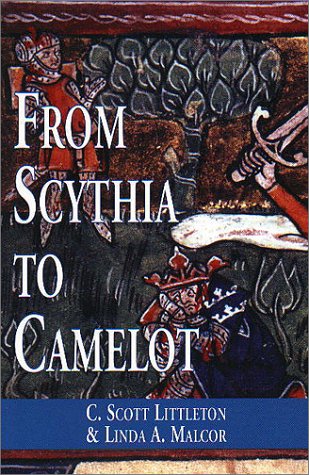Trey of Diamonds
Well-Known Member
There's no question of whether Albus Dumbledore actually existed, is there?
If someone started a thread about whether or not Dumbledore was in love with Grindelwald, would it be relevant for people to respond that Dumbledore never existed?
But hey, if you enjoy the same tired interjections of the proselytizing anti-theists, more power to you. :bow:
Ah, but the real question is how will this question be viewed in 2000 years? 2000 years ago there were people who could tell us for sure whether Mary and Jesus were real people. But now, not so much. We have to come to our own conclusions and discussions like this can help gather information in order to come to those conclusions.
Besides, it's fun!

